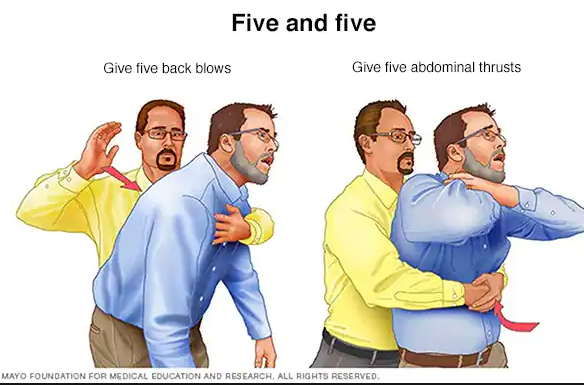Understanding the Duration it Takes to Suffocate: Exploring Factors and Risks
The question of how long it takes to suffocate is a somber and sensitive topic that requires a thorough and informative discussion. While it's important to address this question, it's crucial to do so with the utmost respect for the gravity of the matter. This article aims to provide accurate and helpful information on the topic while also emphasizing the importance of prioritizing mental health and seeking professional help when needed.

Five and five
1. Defining Suffocation:
Suffocation refers to the deprivation of oxygen, which can lead to serious health consequences and, in extreme cases, death.
It occurs when the body is unable to access a sufficient amount of oxygen for normal bodily functions due to factors such as a lack of breathable air or a blocked airway.
2. Factors Affecting Duration:
The duration it takes to suffocate can vary significantly based on several factors, including:
-
Environment: The availability of breathable air is a critical factor. In a confined space with limited oxygen, suffocation can occur relatively quickly. However, the duration may be longer in a well-ventilated area.
-
-
Health and Physical Condition: An individual's health and physical condition play a role in how quickly suffocation occurs. People with certain medical conditions may experience the effects of oxygen deprivation more rapidly.
-
-
Activity Level: Physical activity can increase the body's demand for oxygen. Engaging in strenuous activity while in an environment with limited oxygen can expedite the onset of suffocation.
-
-
Altitude: At higher altitudes, the air contains less oxygen. This can lead to quicker oxygen depletion and a faster onset of suffocation.
-
-
Obstruction: In cases where the airway is obstructed, such as choking, the time it takes to suffocate depends on the severity of the obstruction and the individual's ability to clear the blockage.
3. Risks and Mental Health:
Discussions about suffocation can be distressing and trigger emotional responses.
It's important to recognize that these thoughts can be associated with mental health struggles, such as depression, anxiety, or suicidal ideation.
If you or someone you know is struggling with such thoughts, seeking professional help from mental health experts or helplines is crucial.
4. Suicide Prevention:
If you or someone you know is in immediate danger or experiencing suicidal thoughts, it's essential to seek help immediately.
In the United States, you can contact the National Suicide Prevention Lifeline at 1-800-273-TALK (1-800-273-8255) for assistance.
Local crisis hotlines are available in many countries worldwide.

Drownig look like
While discussing the duration it takes to suffocate is informative, it's vital to approach the topic with sensitivity and care. Oxygen deprivation can have serious consequences, and mental health concerns should always be taken seriously. If you have questions or concerns related to suffocation or mental health, it's recommended to consult reliable sources, medical professionals, or mental health experts. Remember, seeking help and support is essential for the well-being of yourself and others.